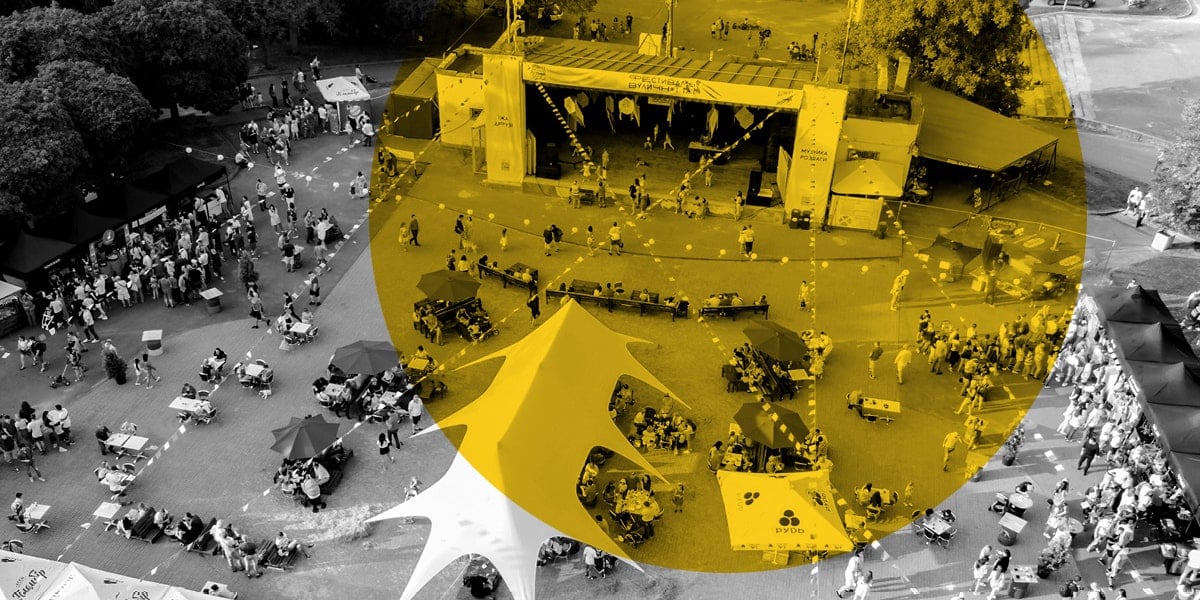Search for topics or resources
Enter your search below and hit enter or click the search icon.
March 23rd, 2023 | 2 min. read
By Kim Kovelle

If you’re hosting an event, you want to spread the word fast and boost registrations. Sponsored content marketing may seem like a great option — especially with a media partner who knows your audience.
But unless you have enough lead time and compelling topics beyond just your event, it likely won’t meet your goals.
Zoe Marketing & Communications has worked with event hosts since 2020, and we’ve rarely seen strong returns from sponsored content for events. Why? Here are seven reasons why it’s usually not the best fit.
Some assume sponsored content is a modern version of advertorials — paid articles that look like editorial content but explicitly promote an event.
Sponsored content is different. It’s a long-term strategy designed to educate and build trust, not sell tickets.
It works best as a series of articles over several months. Spon con positions you as an expert and keeps your brand top of mind for future customers.
That conflicts with the urgency of event promotion.
Successful sponsored content answers customer questions and provides value. For events, this can be tricky.
Spon con can work for events when you:
But for a one-weekend festival or limited-run show, a strong call to action through digital ads and email marketing is more effective.
Events are temporary, and content about them becomes outdated fast. Even if your event is annual, last year’s details might confuse future attendees.
That’s a problem if your sponsored article remains online with old pricing, dates or features. And unless you maintain a paid relationship with your media partner, they likely won’t update it for you.
Sponsored content works best when you can educate and provide lasting insights. With events, most of the information people need is straightforward — dates, cost, activities, directions.
That doesn’t leave room for the evergreen storytelling that makes spon con a long-term success.
While big brands like Cirque du Soleil could create content on trapeze physics or handstand techniques, most events don’t have that kind of angle.
If your goal is ticket sales, sponsored content isn’t built for speed. It takes time for audiences to discover and engage with it.
For a workshop happening in two months, you need marketing tactics that drive immediate conversions, such as:
SEO (search engine optimization) helps people find your content organically — but it takes 3-6 months or more to gain traction.
Paid promotions like email or social media ads can give it a short-term boost, but they won’t help long-term visibility.
If you publish a sponsored article a month before your event, Google won’t rank it in time to impact registrations.
Sponsored content costs hundreds to $1,500+ per article. Consider your marketing budget per attendee and break-even point.
For long-term brand building, it’s a solid investment. But if you need to maximize ticket sales, a one-off article won’t cut it.
Sponsored content is powerful but rarely the best tool for events. Here, we covered why it lacks speed, longevity and conversion power for ticket sales.
Want a better approach? Talk to us at Zoe Marketing & Communications. We’ll connect you with digital strategies designed to drive real registrations.
Still weighing your options? Discover:
As Zoe Marketing & Communications’ content manager, Kim Kovelle brings over 20 years of writing and editing experience in metro Detroit. She has strong roots in community journalism and a knack for making complicated topics make more sense.
Topics:
